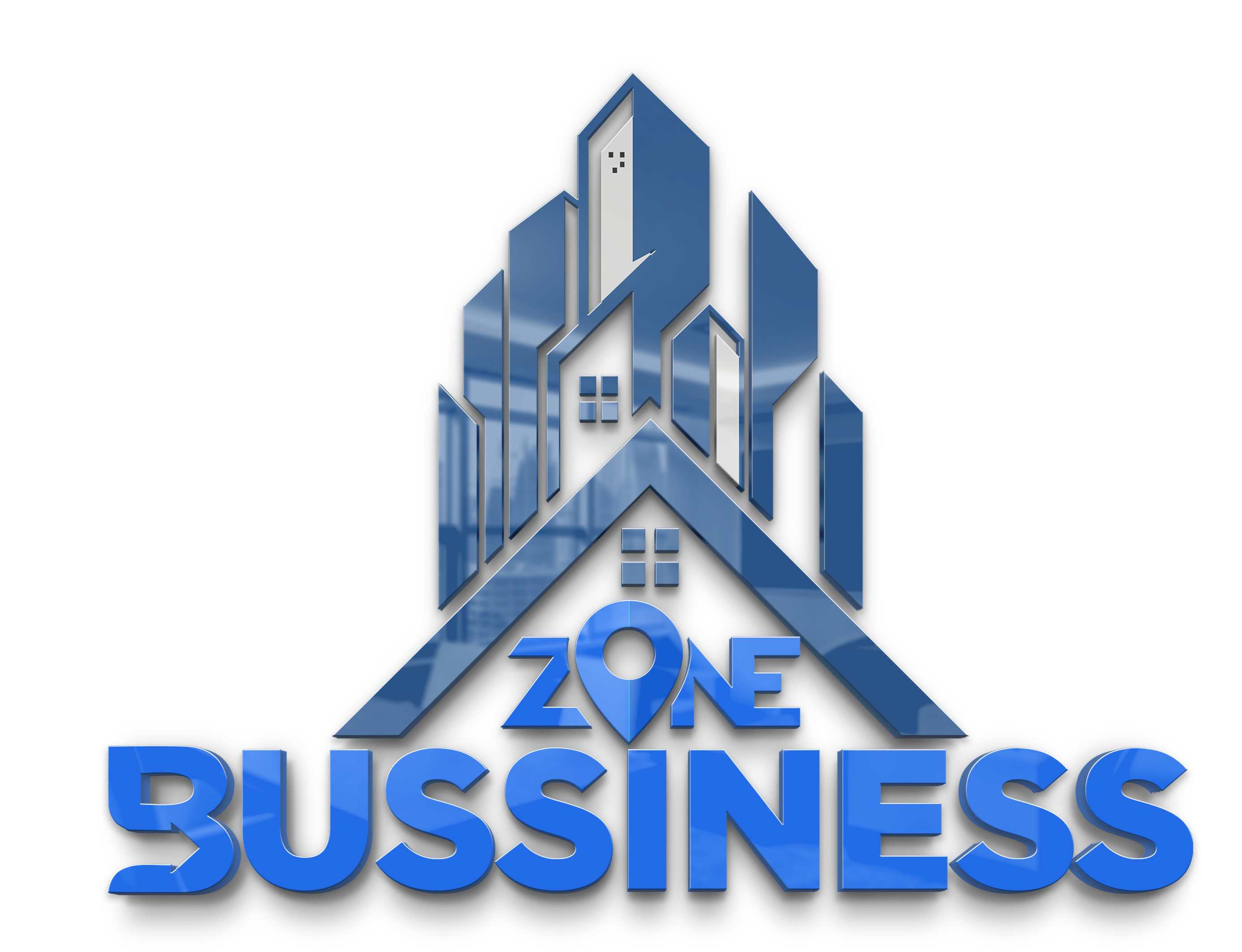For small businesses in the automotive repair industry, building trust and delivering exceptional service are essential ingredients for success. But with so many options available in a competitive market, how can your business stand out? ASE (Automotive Service Excellence) certification often comes up as a way to build credibility, but does it truly impact a small business’s prospects? Let’s explore the ins and outs of ASE certification to determine if it’s worth the investment.

What is ASE Certification?
ASE certification is a professional credential granted to automotive technicians who demonstrate proficiency in various areas of vehicle repair and maintenance. Run by the nonprofit National Institute for Automotive Service Excellence, the certification aims to improve the quality of auto repair services and ensure technicians meet high industry standards.
The Path to Certification:
- Exams and Qualifications: Technicians must pass at least one of the 50+ ASE certification exams, covering topics like engine repair, brakes, electrical systems, and heating/air-conditioning.
- Work Experience: Certification requires two years of relevant on-the-job experience or a combination of training and one year of field experience.
- Types of Certifications: There are numerous certifications, including Master Technician status (earned after completing all tests in a specific category, such as automobile or truck repair).
ASE certification isn’t mandatory, but achieving it demonstrates expertise and commitment to quality service. Many potential customers and employers look for the ASE certification badge as a mark of professionalism in the automotive industry.
Benefits of ASE Certification for Small Businesses
Building Trust with Customers
ASE certification can serve as a powerful trust signal for your business. When customers see the blue ASE badge displayed in your shop or on your employees’ uniforms, they’re more likely to trust that their vehicles are in good hands. This trust is particularly valuable for small businesses competing against larger, well-established chains.
Quick Fact: People often search online for “ASE-certified mechanics near me” because they prefer certified technicians for car repairs. Small businesses with certified teams are more likely to capture these customers’ attention.
Improved Service Quality and Efficiency
ASE-certified technicians possess deeper technical knowledge, which minimizes mistakes and ensures quality work. This leads to fewer instances of costly rework and quicker turnaround times, which translates to happier customers and lower overhead costs.
Marketing and Reputation Boost
The ASE badge isn’t just a certification; it’s a marketing tool! Use it in your advertisements, social media profiles, and storefront signage. Highlighting the expertise of ASE-certified staff can cement your reputation as a trusted business that prioritizes professionalism.
Pro Tip: Feature certification prominently on your website and listings under “does ASE certification matter for a small business” pages, blogs, or reviews on platforms like Quora and Reddit.
Employee Satisfaction and Retention
Offering ASE certification opportunities can boost employee morale and engagement. Employees who feel encouraged to develop their skills are more likely to stay with your business long-term. Plus, ongoing certifications keep your workforce updated on the latest automotive advancements, ensuring you’re prepared to handle modern vehicles.

Drawbacks and Challenges for Small Businesses
Cost of Certification and Training
The financial investment for ASE certification can be challenging for small businesses. The registration fee is approximately $50, with each test costing around $53. If you’re certifying multiple employees, the costs can quickly add up. Additionally, staying current requires recertification every five years, which involves further expenses.
Potential for Limited Return on Investment
If you’re in a small town or rural area where customers value personal relationships over credentials, ASE certification may not provide a significant ROI. Conducting market research to gauge customer interest in certified services is crucial.
Staffing Challenges
Smaller businesses may have limited staff and resources, making it harder to schedule ASE training or exams without sacrificing productivity. However, you can adapt by encouraging one employee at a time to pursue certification.
When ASE Certification Might Not Matter as Much
Businesses in Less Competitive Markets
If your business operates in a less competitive area where customers prioritize convenience or familiarity, ASE certification may not play as significant a role in securing business.
Focusing on Other Business Strengths
For some small businesses, success may lie in exceptional customer service, word-of-mouth reputation, or specialized skills rather than industry certifications. For example, providing transparency about repairs or offering a more personal touch can set you apart.
Alternatives to ASE Certification
While ASE certification is valuable, there are other ways to boost your business’s credibility:
- Community Engagement: Hosting workshops or sponsoring local events can enhance your reputation among locals.
- Brand Building: Showcase positive customer reviews and testimonials.
- Alternative Certifications: Organizations like I-CAR offer certifications for collision repair shops, while specialized training programs can enhance specific expertise.
Frequently Asked Questions
Is it worth it to get ASE certified?
For most businesses, yes. ASE certification enhances credibility, improves service quality, and can attract more customers. However, its value depends on your target market and customer expectations.
Can anyone get ASE certified?
Yes, anyone with the required work experience (or a combination of training and experience) can take ASE exams. The process isn’t limited to those with formal degrees, which makes it accessible to many.
Who has the most ASE certifications?
There isn’t an official public record of the individual with the most certifications, but achieving Master Technician status across multiple categories is considered the pinnacle of ASE certification.
How hard is it to pass ASE?
The exams are challenging, requiring a strong understanding of technical concepts, diagnostic skills, and repair procedures. Preparation through study guides and practice tests is essential for success.
How fast can you get ASE certified?
The time depends on your experience. If you already meet the work experience requirement, you can focus on studying for and passing the exams, which could be completed within a few months.
Making the Right Choice for Your Business
ASE certification undoubtedly brings numerous benefits, from building trust with customers to improving employee satisfaction. However, it isn’t a one-size-fits-all solution. Small business owners should evaluate customer expectations in their specific market, weigh costs against benefits, and consider alternative strategies.
Looking to learn more about how you can strengthen your automotive business? Stay informed by exploring discussions on platforms like Quora or Reddit under topics such as “Does ASE certification matter for a small business” to see how others in your industry approach certifications and growth.



